When a litter of dalmatian puppies are abducted by the minions of Cruella De Vil, the parents must find them before she uses them for a diabolical fashion statement. In […]

When a litter of dalmatian puppies are abducted by the minions of Cruella De Vil, the parents must find them before she uses them for a diabolical fashion statement. In […]
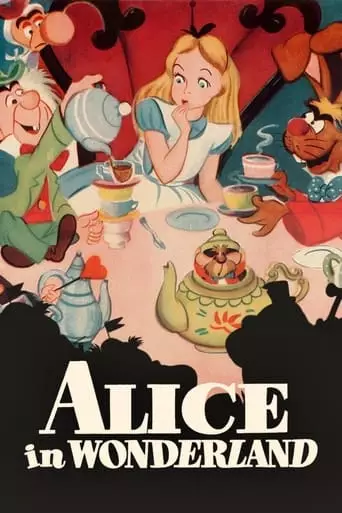
On a golden afternoon, young Alice follows a White Rabbit, who disappears down a nearby rabbit hole. Quickly following him, she tumbles into the burrow – and enters the merry, […]
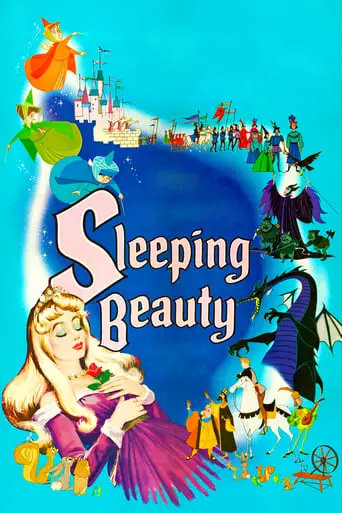
A beautiful princess born in a faraway kingdom is destined by a terrible curse to prick her finger on the spindle of a spinning wheel and fall into a deep […]
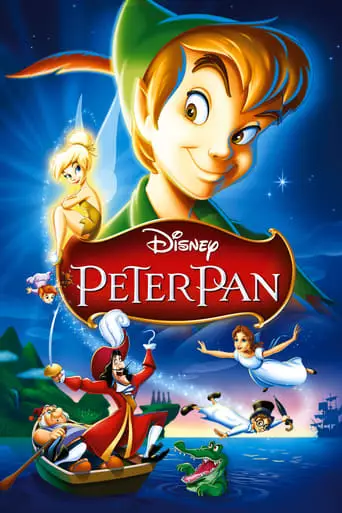
Leaving the safety of their nursery behind, Wendy, Michael and John follow Peter Pan to a magical world where childhood lasts forever. But while in Neverland, the kids must face […]
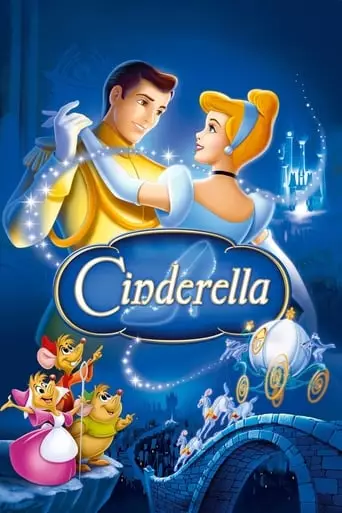
Cinderella has faith her dreams of a better life will come true. With help from her loyal mice friends and a wave of her Fairy Godmother’s wand, Cinderella’s rags are […]
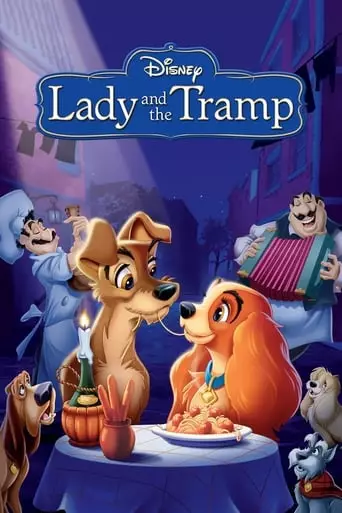
Lady, a golden cocker spaniel, meets up with a mongrel dog who calls himself the Tramp. He is obviously from the wrong side of town, but happenings at Lady’s home […]
Clyde Geronimi: The Animator Behind Disney’s Golden Age
Clyde “Gerry” Geronimi was a pioneering animator and director whose work helped define the visual and storytelling style of Walt Disney Studios during its most celebrated era. Known for his contributions to classic animated films like Cinderella (1950), Sleeping Beauty (1959), and Peter Pan (1953), Geronimi played a pivotal role in shaping the magic of Disney’s Golden Age.
Early Life and Career Beginnings
Born on June 12, 1901, in Chiavenna, Italy, Clyde Geronimi immigrated to the United States with his family at a young age. Growing up in Milwaukee, Wisconsin, Geronimi discovered his passion for art and storytelling.
He began his animation career in the 1920s, working for J.R. Bray Studios, one of the first companies to produce animated films. In 1931, Geronimi joined Walt Disney Productions, a move that would define his career and place him at the forefront of the animation industry.
Rise at Disney Studios
Geronimi quickly became a key figure at Disney, contributing as an animator and later as a director. His early work included short films such as the Silly Symphonies series, which showcased his ability to combine innovative animation techniques with compelling narratives.
The Silly Symphonies
Geronimi directed several entries in the Silly Symphonies series, including The Ugly Duckling (1939), which won the Academy Award for Best Animated Short Film. These shorts were instrumental in developing Disney’s storytelling techniques, particularly the integration of music and visuals.
Feature Film Contributions
Clyde Geronimi’s most enduring legacy lies in his work as a director on some of Disney’s most iconic animated feature films.
Cinderella (1950)
Geronimi co-directed Cinderella, a film that marked Disney’s return to feature-length animation after World War II. The movie’s enchanting visuals, memorable characters, and timeless story solidified Disney’s reputation as a leader in family entertainment.
Geronimi’s direction helped bring to life the fairy tale’s emotional core, particularly in scenes like Cinderella’s transformation by the Fairy Godmother and the iconic ballroom sequence.
Peter Pan (1953)
As a co-director of Peter Pan, Geronimi contributed to the whimsical and adventurous tone of the film. From the magical flight to Neverland to the swashbuckling battles with Captain Hook, Geronimi’s work captured the spirit of childhood imagination.
Sleeping Beauty (1959)
One of Geronimi’s crowning achievements, Sleeping Beauty stands out for its distinct visual style, inspired by medieval art and tapestries. The film’s sophisticated animation and the epic battle between Prince Phillip and Maleficent in her dragon form showcased Geronimi’s ability to direct scenes of grandeur and intensity.
Short Film Legacy
Beyond feature films, Geronimi directed numerous short films featuring beloved Disney characters like Mickey Mouse, Donald Duck, and Goofy. These shorts were instrumental in refining the personalities of Disney’s iconic characters and solidifying their place in popular culture.
Style and Influence
Clyde Geronimi’s work is characterized by:
Visual Elegance: His films often feature meticulously crafted visuals, blending realism with fantasy.
Emotional Depth: Geronimi excelled at infusing his stories with heartfelt moments, making them resonate with audiences of all ages.
Collaborative Spirit: Working alongside other Disney legends like Wilfred Jackson and Hamilton Luske, Geronimi contributed to a creative environment that produced some of the most beloved animated films of all time.
Later Career and Legacy
After leaving Disney in the early 1960s, Geronimi worked briefly in television animation. He retired from the industry in the late 1960s but remained a respected figure in animation circles.
Clyde Geronimi passed away on April 24, 1989, leaving behind a legacy of films that continue to enchant and inspire. His work remains a cornerstone of Disney’s enduring appeal and a testament to the power of animation as an art form.
Conclusion
Clyde Geronimi was more than a director; he was a storyteller whose contributions helped shape the magic of Disney’s Golden Age. Through his dedication to the craft of animation and his ability to bring timeless stories to life, Geronimi’s work has become an indelible part of cinematic history.
From the shimmering ballrooms of Cinderella to the mystical forests of Sleeping Beauty, Geronimi’s films remind us of the enduring power of dreams, imagination, and artistry.